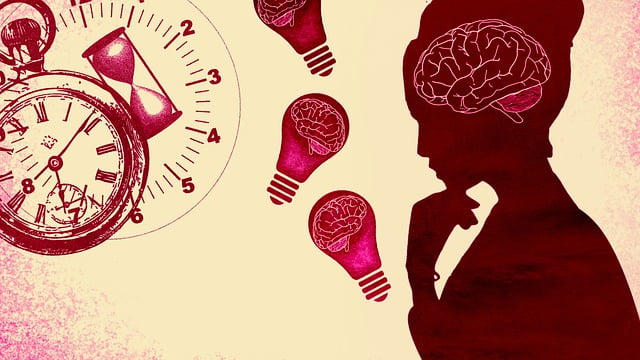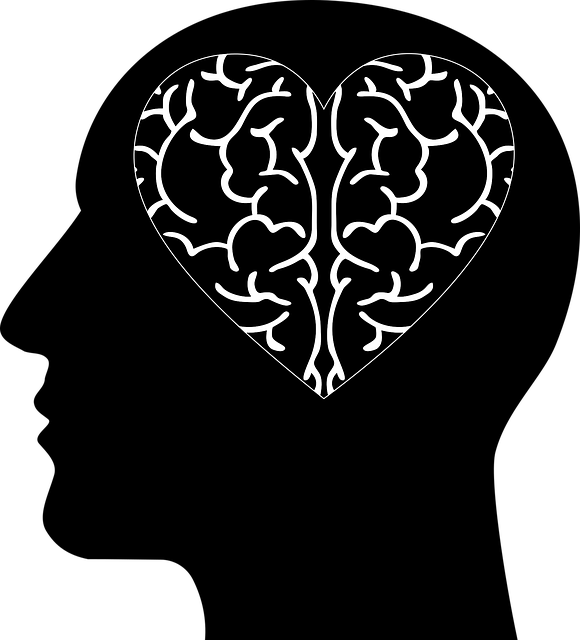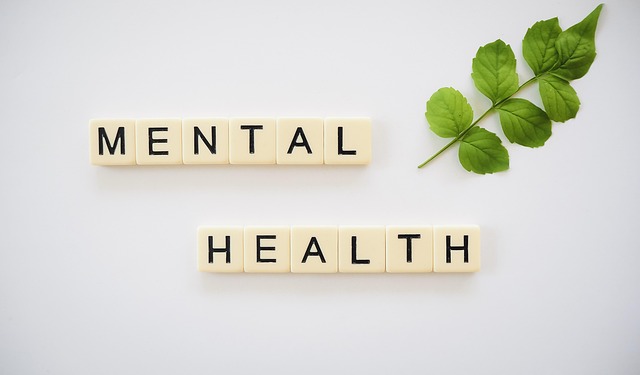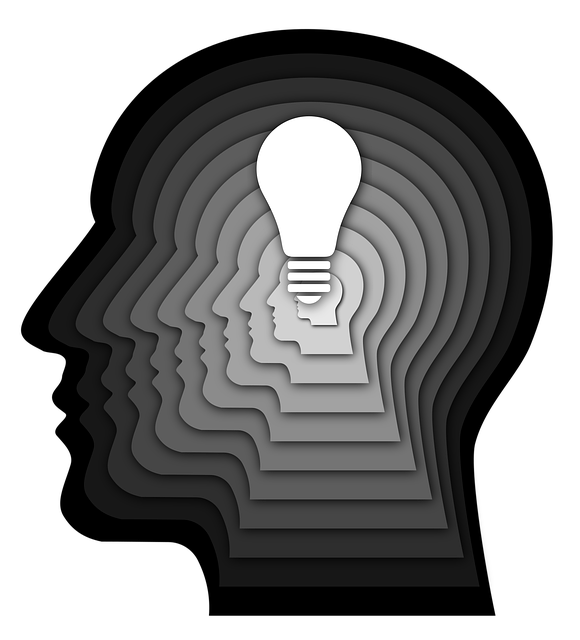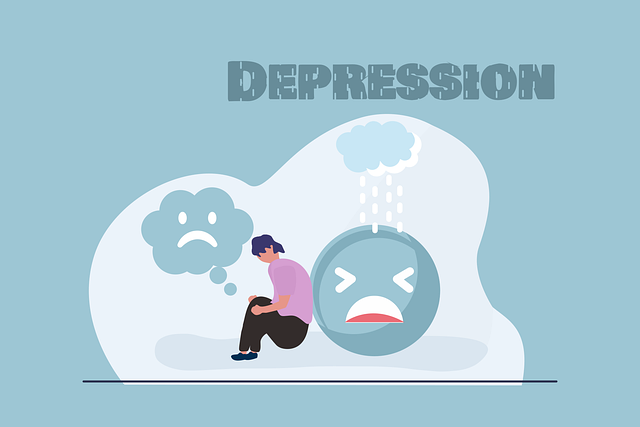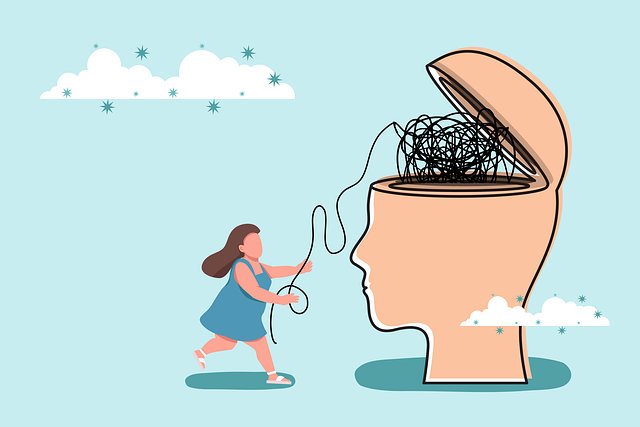Cultural competency and Somatic Experiencing Therapy (SET) are crucial for equitable mental health care in diverse communities like Colorado Springs. By integrating SET into training, healthcare providers gain insights into the mind-body-emotion connection influenced by cultural backgrounds, improving communication and building trust with patients from various ethnic groups. This personalized approach enhances healing and overcomes systemic barriers to care, ensuring all residents receive accessible, tailored mental wellness solutions. Interactive learning through role-playing and case studies equips professionals with advanced skills for crisis intervention in multicultural settings, fostering meaningful connections and improved outcomes in Colorado Springs and beyond.
In today’s diverse healthcare landscape, cultural competency is no longer an option but a necessity. This comprehensive guide explores how healthcare provider training can bridge cultural gaps and improve patient care, particularly in Colorado Springs. We delve into the impact of unconscious biases, showcasing real-world examples like somatic experiencing therapy, an effective tool for fostering cross-cultural understanding. Effective training programs are designed, emphasizing continuous improvement and practical application, ultimately enhancing healthcare delivery in Colorado Springs.
- Understanding Cultural Competency in Healthcare: A Necessary Approach
- The Impact of Cultural Biases on Patient Care in Colorado Springs
- Somatic Experiencing Therapy: A Tool for Enhancing Cross-Cultural Understanding
- Designing Effective Training Programs for Healthcare Providers
- Continuous Improvement and Real-World Application: Taking Action in Colorado Springs
Understanding Cultural Competency in Healthcare: A Necessary Approach

Cultural competency in healthcare is an essential approach to ensuring equitable and accessible care for all individuals, regardless of their cultural background or identity. It involves understanding and appreciating the diverse beliefs, values, and behaviors that shape how people seek and receive medical services. In today’s diverse society, where patients come from various ethnic, racial, and cultural groups, healthcare providers in Colorado Springs Somatic Experiencing Therapy and beyond must be equipped to navigate these differences effectively.
This concept goes beyond mere sensitivity; it empowers healthcare professionals to deliver personalized treatment and improve patient outcomes. By integrating Cultural Competency Training into Mental Health Education Programs Design, providers can learn to recognize and address cultural barriers to care. Through this training, they gain the skills to communicate effectively, build trust, and provide culturally sensitive services, ultimately enhancing the overall mental wellness of diverse communities. Such initiatives are pivotal in fostering inclusive healthcare environments and ensuring that every patient receives the highest quality of care tailored to their unique needs.
The Impact of Cultural Biases on Patient Care in Colorado Springs

In Colorado Springs, cultural biases can significantly impact patient care, particularly within the realm of somatic experiencing therapy. As a diverse community with a rich tapestry of backgrounds, the city’s healthcare providers must be adept at navigating different cultural norms and beliefs to offer effective treatment. Biases, whether conscious or subconscious, can lead to miscommunication and misunderstandings between patients and therapists, hindering progress in anxiety relief and mental wellness. For instance, certain cultural practices and perspectives on health and healing may differ vastly from conventional Western approaches, requiring heightened cultural sensitivity in mental healthcare practice.
The integration of Cultural Sensitivity in Mental Healthcare Practice is crucial for ensuring every patient receives personalized care. In the context of Colorado Springs Somatic Experiencing Therapy, therapists must be attuned to these differences, fostering an environment that respects and embraces diverse cultural expressions. By doing so, they can facilitate a deeper connection with patients, leading to more effective healing and improved mental wellness outcomes. This is especially vital in addressing systemic issues and barriers to care, ensuring that all residents of Colorado Springs have access to quality, culturally competent therapy services.
Somatic Experiencing Therapy: A Tool for Enhancing Cross-Cultural Understanding

Somatic Experiencing Therapy (SET) is a powerful tool that healthcare providers in Colorado Springs can leverage to enhance their cross-cultural understanding and sensitivity. This therapeutic approach focuses on the connection between the mind, body, and emotions, providing valuable insights into how cultural experiences can shape an individual’s physical and psychological responses. By incorporating SET techniques, healthcare professionals gain a deeper awareness of non-verbal cues and emotional healing processes, which are often influenced by cultural backgrounds.
This type of therapy offers practical guidance for crisis intervention, especially in diverse communities. It equips providers with the skills to navigate complex situations, ensuring they can offer effective care that respects and values different cultural beliefs and practices. Through SET, healthcare providers in Colorado Springs can build confidence in their ability to serve a broad spectrum of patients, fostering more meaningful connections and improved outcomes for all.
Designing Effective Training Programs for Healthcare Providers

Effective training programs for healthcare providers must go beyond surface-level knowledge transfer and focus on fostering a deep understanding of diverse cultural contexts. In Colorado Springs, Somatic Experiencing Therapy (SET) offers a powerful framework for designing such programs. By integrating SET principles, training can enhance providers’ ability to navigate complex interpersonal dynamics, improve communication, and build rapport with patients from various backgrounds. This approach not only boosts confidence but also equips healthcare professionals with essential tools for mood management and burnout prevention strategies, ensuring they can provide empathetic care in a diverse setting.
Moreover, these programs should prioritize interactive learning experiences that encourage self-reflection and practical application. Incorporating role-playing scenarios, group discussions, and case studies related to real-life challenges faced by healthcare providers in multicultural environments can significantly enhance learning outcomes. By combining theoretical knowledge with hands-on practice, training becomes more engaging and effective, ultimately strengthening the capacity of healthcare professionals to deliver culturally competent care.
Continuous Improvement and Real-World Application: Taking Action in Colorado Springs

In Colorado Springs, healthcare providers are embracing continuous improvement through innovative training programs that blend theoretical knowledge with real-world application. One standout example is Somatic Experiencing Therapy (SET), a powerful approach that integrates physical and emotional aspects to address trauma. By participating in SET workshops and practices, medical professionals gain advanced communication strategies and social skills training, enabling them to connect more profoundly with patients and foster healing.
This focus on continuous learning extends beyond theoretical understanding, emphasizing practical application. Healthcare workers are equipped with tools to enhance their inner strength development, allowing them to navigate complex situations with resilience. Through hands-on experiences and real-life scenarios, they learn to adapt their practices to diverse patient needs, ultimately improving healthcare outcomes in Colorado Springs and beyond.
Healthcare provider cultural competency training is not just a recommendation, but an imperative in today’s diverse society. As evidenced by the impact of cultural biases in patient care in Colorado Springs and the potential of Somatic Experiencing Therapy as a cross-cultural understanding tool, investing in effective training programs is crucial. By designing comprehensive courses that resonate with healthcare providers, we can foster better patient outcomes and create a more inclusive healthcare environment. Continuous improvement through real-world application, such as implementing these strategies in Colorado Springs, ensures that the community benefits from enhanced cultural competency, ultimately revolutionizing healthcare access and quality.


